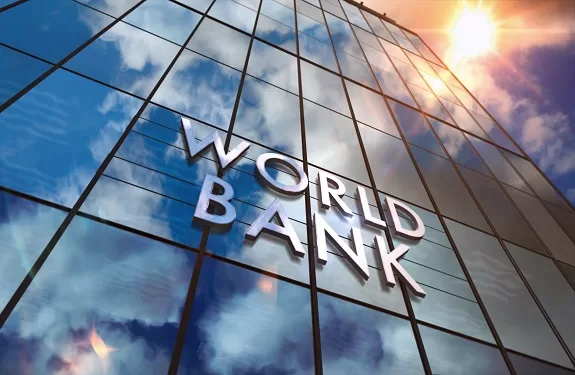World Bank projects 3.6% growth for Nigerian Economy by 2026, citing reform-driven business confidence
The World Bank has forecasted an average economic growth rate of 3.6% for Nigeria between 2025 and 2026, crediting recent fiscal and macroeconomic reforms for bolstering business confidence and setting the stage for sustained growth.
In its Global Economic Prospects report for January 2025, the global lender highlighted Nigeria’s improved performance in 2024, with Gross Domestic Product (GDP) growth estimated at 3.3%, largely driven by a robust services sector, including financial and telecommunication services.
The World Bank noted that the Federal Government’s reforms, such as the elimination of the implicit foreign exchange subsidy and exchange rate unification, played a pivotal role in increasing government revenues and narrowing the fiscal deficit. Enhanced revenue administration also contributed to this fiscal improvement.
The Central Bank of Nigeria (CBN) responded to rising inflation and currency pressures by tightening monetary policy, a move that helped stabilise macroeconomic conditions and reinforce investor confidence.
Regionally, Sub-Saharan Africa (SSA) is poised for stronger growth, with the World Bank projecting economic expansion of 4.1% in 2025 and 4.3% in 2026. These projections mark upward revisions of 0.2 and 0.3 percentage points, respectively, reflecting improved growth prospects across nearly half of SSA economies.
Nigeria’s growth is expected to align with this regional trend, supported by declining inflation, increased consumer spending, and continued expansion in the services sector.
Services Sector: The primary engine of Nigeria’s economic growth remains the services sector, led by financial services and telecommunications.
Inflation Decline: Following monetary tightening in 2024, inflation is forecasted to gradually ease, enhancing purchasing power and consumer confidence.
Oil Production: While oil production is expected to rise over the forecast period, it will likely remain below the Organisation of the Petroleum Exporting Countries (OPEC) quota.
Despite these positive trends, the World Bank emphasised that per capital income growth is expected to remain weak, suggesting that broader structural reforms may be necessary to achieve inclusive growth.
With reforms gaining traction, Nigeria’s economic outlook appears brighter, positioning the nation for sustained recovery and improved business conditions. The report underscores the importance of maintaining policy momentum to capitalise on emerging opportunities and drive long-term growth.










